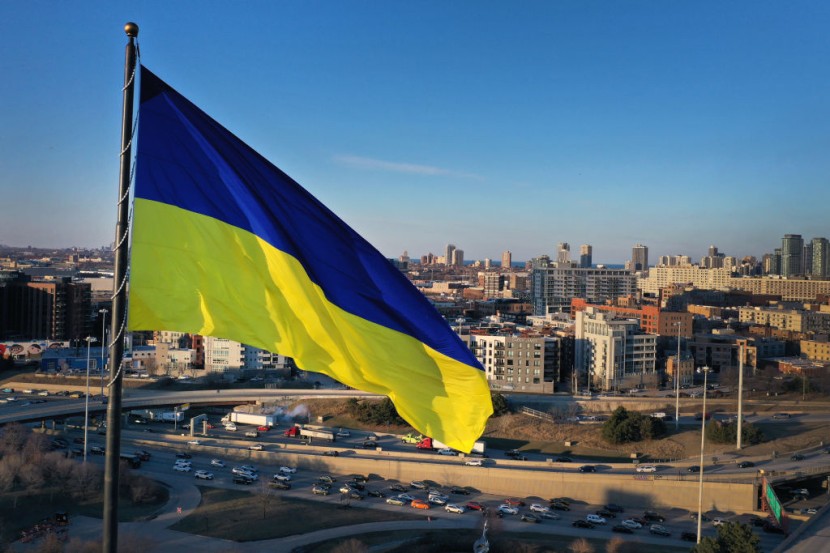Judges at the Top U.N. court on Wednesday found that Russia violated elements of a U.N. anti-terrorism treaty. The organization declined to rule on allegations brought forth by Kyiv accusing Moscow of shooting down Malaysia Airlines flight MH17 over eastern Ukraine in 2014.

Judges of the International Court of Justice also found Russia in breach of an anti-discrimination treaty after failing to support Ukrainian education in Crimea after its 2014 annexation of the peninsula, reported Reuters.
The decisions are a legal setback for Kyiv as the court rejected Ukraine's requests to order reparations for both violations and only ordered Russia to comply with the treaties in place.
Ukraine's representative, Anton Korynevych, emphasizes the importance of the judgment for Kyiv because it establishes that Russia violated international law.
"This is the first time that officially, legally Russia is called a violator of international law," he told journalists after the ruling.
According to The Associated Press, Russia has denied involvement in the downing of the Malaysian jetliner. However, a Dutch domestic court convicted two Russians and a pro-Moscow Ukrainian in November 2022 for their roles in the attack and sentenced them in their absence to life imprisonment. The Netherlands and Ukraine have also sued Russia over MH17 at the European Court of Human Rights.
In another lambasting for Moscow, the world court ruled that Russia violated one of the court's orders by embarking on a full-scale invasion of Ukraine almost two years ago.
What happened last year?
At hearings last year, a lawyer for Ukraine, David Zionts, stated the pro-Russia forces in eastern Ukraine "attacked civilians as part of a campaign of intimidation and terror. Russian money and weapons fueled this campaign," said the AP.
However, the court ruled that sending arms and other weaponry equipment didn't represent terrorism funding per the 1999 treaty.
"The alleged supply of weapons to various armed groups operating in Ukraine and the alleged organization of training for members of those groups fall outside the material scope" of the treaty, the court's president Joan E. Donoghue.
Lawyers for Russia urged the court to dismiss the case, disputing that the actions of pro-Moscow rebels in eastern Ukraine did not amount to terrorism.
On Friday, the courts expected to rule on Russia's objections to its jurisdiction in another case filed by Ukraine shortly after Russian troops invaded in February 2022. Ukraine's case claims Moscow initiated the attack based on fabricated allegations of genocide.
The court issued an interim order for Russia to halt the invasion, which Moscow defied.









